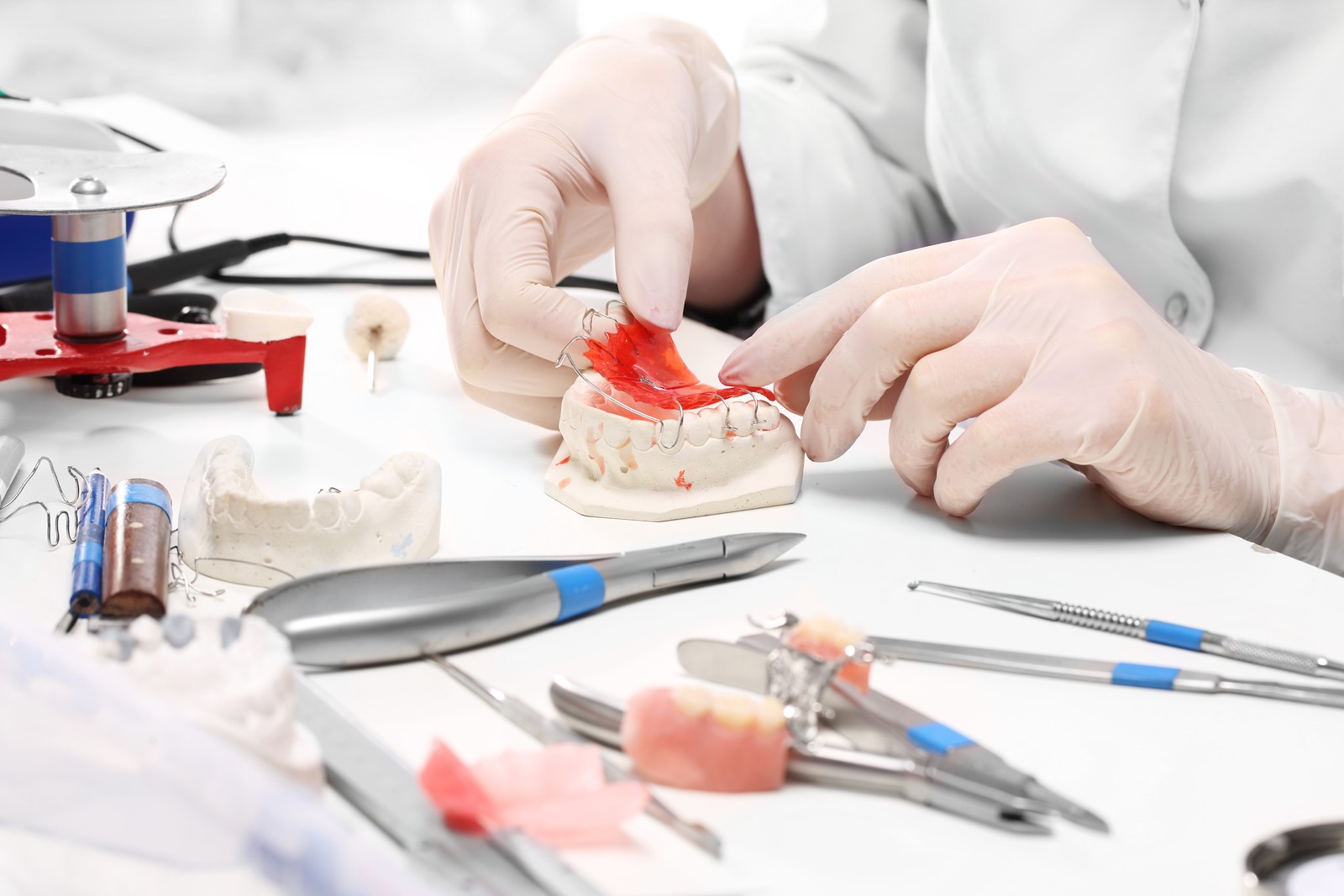Some options for replacing missing teeth are better than others. At one end of the spectrum, there is an increasing consensus that dental implants in Winnipeg are the gold standard if you’re looking to replace one, several or all the teeth in one or both arches. For many people, traditional partial dentures fall at the opposite end of that spectrum. Many people — especially people with older, poorly maintained and ill-fitting partial dentures — find them unsatisfactory when it comes to eating, talking and even just staying in place properly.
There is one more specific issue that many people identify when it comes to partial dentures in Winnipeg that warrants some direct discussion because of its implications for your health. In some cases, wearing partial dentures can cause or contribute to receding gums.
How can partial dentures contribute to receding gums?
Traditional partial dentures aren’t rooted in your jaw. Rather, they’re attached to your own natural teeth with hooks or clasps. Your replacement teeth are attached to a metal or plastic plate. Some people find that those hooks or clasps that hold your partial dentures in place irritate their gums (at any time, but especially when eating). That can cause issues beyond mere discomfort, including inflammation and even receding gums. Gum recession describes when your gums shrink and retract from the center of your teeth towards the interior of your jaw.
As gums recede, they leave behind ever-deepening pockets that invite the accumulation of bacteria and acids that fuel periodontal disease. The end result of this harmful sequence of events is the gradual loss of gum tissue that protects and supports your teeth, the exposure of teeth roots and increased tooth sensitivity, and even tooth loss.
What can you do about it?
Your dentist in Winnipeg will recommend several strategies to deal with gum irritation caused by your partial dentures and with any sign of receding gums. Here are four such strategies that a dentist near you may recommend in combination or in sequence:
- A dentist near you can try to adjust the hooks and clasps on your dentures to prevent gum irritation.
- Your dentist may recommend changes or improvements to your dental hygiene habits to reduce the likelihood of bacterial contamination on and around your gums.
- You may need to remove your partial dentures when eating.
- Your dentist will recommend treatments to arrest any gum disease that has developed and to rejuvenate the health of your gums.
Depending on the condition of your gums, the outcome of those strategies, the health of your jaw and your general oral health, it may be appropriate to replace your partial denture with dental implants. Dental implants can support individual crowns, partial dentures, bridges, and complete dentures on one or both teeth. Implants are not attached to your natural teeth and have no hooks or clasps to irritate your gums. Instead, implants are replacement teeth roots implanted directly into your jaw bone that permanently supports a partial denture. An implant-supported partial denture is completely stable, as strong as the natural teeth they replace and permanent. They eliminate all the disadvantages that people experience with traditional partial dentures while restoring complete dental function and even stimulating the growth of new and healthy bone tissue in your jaw.
Are you experiencing irritation, pain or even gum recession that might be related to your partial dentures? If problems like that are already happening — or if you’re just concerned about that potential downside of partial dentures to replace your missing teeth — we encourage you to get in touch with a dentists near you as soon as possible. Your dentist can act quickly to maintain and restore the health of your gums and offer better alternatives to your current dentures.

